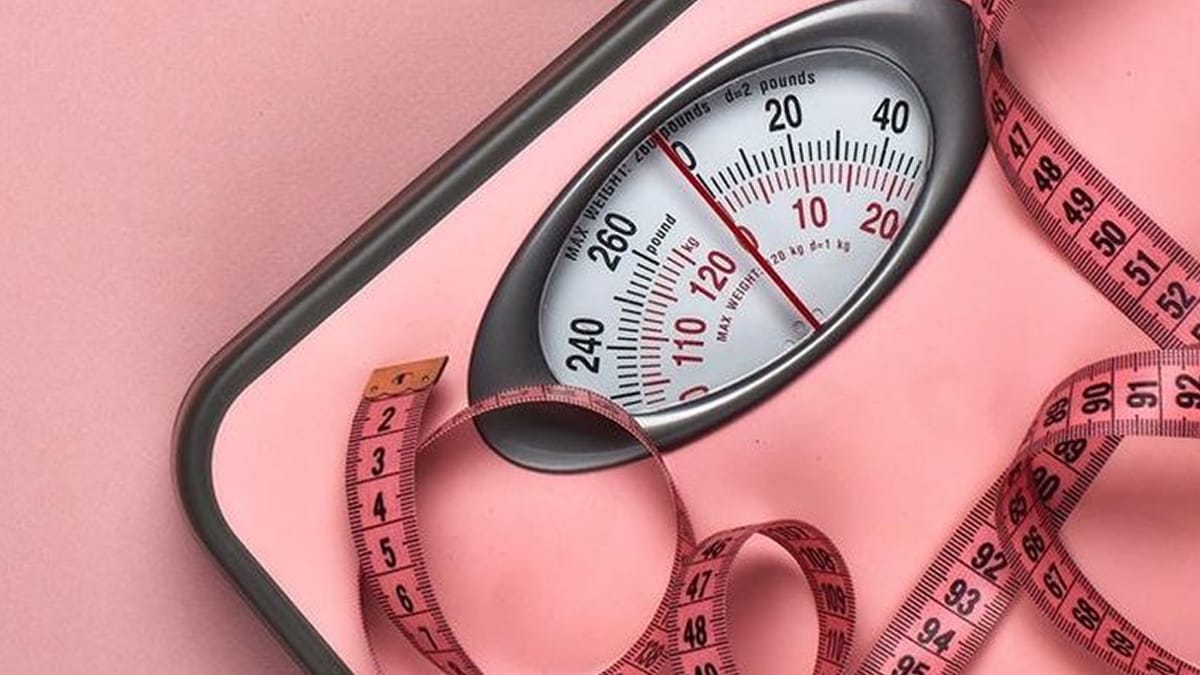Is Weight Loss from Keto Diet Safe for Everyone?
The ketogenic diet, or keto diet, has become one of the most popular weight loss methods in recent years. It works by shifting the body’s metabolism into a state called ketosis, where fat is used as the main energy source instead of carbohydrates. But here comes the big question: Is weight loss from the keto diet safe for everyone? The honest answer is that while the keto diet can be highly effective for weight loss, it is not universally safe for every individual. The safety and success depend heavily on your health condition, how long you practice it, and whether it is done under professional guidance.

Understanding the Keto Diet and How It Works
The keto diet drastically reduces carbohydrate intake (usually less than 50 grams per day) and replaces it with high fat and moderate protein. When the body runs out of glucose, it starts producing ketones from fat, which are then used as fuel. This process not only accelerates fat burning but also stabilizes blood sugar and reduces hunger for many people.
Why Keto Diet Leads to Rapid Weight Loss
Reduced Insulin Levels
When you eat fewer carbs, your insulin levels drop, which signals the body to burn fat instead of storing it.Appetite Suppression
High-fat meals tend to be more satisfying, naturally lowering calorie intake.Increased Fat Burning
Ketosis triggers the body to burn stored fat for energy, often leading to noticeable results in a few weeks.Improved Blood Sugar Control
For people with insulin resistance, the keto diet can help regulate blood sugar levels, which indirectly supports weight loss.
Who Can Safely Follow the Keto Diet?
The keto diet is generally safe for healthy adults who want to lose weight, but it is not suitable for everyone. Individuals with the following conditions may benefit the most:
People struggling with obesity or overweight.
Those with metabolic syndrome or insulin resistance.
Individuals with type 2 diabetes (under medical supervision).
People who find it hard to control sugar cravings or binge eating.
Who Should Avoid the Keto Diet?
Despite its popularity, the keto diet can be risky for some groups. It is not recommended for:
Pregnant or breastfeeding women, because restrictive diets can affect nutrient supply.
People with liver disease or kidney problems, as excess protein and fat may put additional strain on these organs.
Individuals with eating disorders, since restrictive eating patterns can trigger relapses.
Athletes who require quick energy bursts from carbohydrates.
Potential Risks of Keto Diet
Keto Flu
In the first week, many people experience fatigue, headaches, and irritability as the body adjusts to ketosis.Nutrient Deficiencies
Restricting fruits, grains, and certain vegetables can lead to deficiencies in vitamins and minerals.Digestive Issues
Low fiber intake may cause constipation and gut imbalance.Heart Health Concerns
Eating unhealthy fats like processed meats and trans fats can increase cholesterol and heart disease risk.Long-Term Uncertainty
Most studies on keto focus on short-term benefits. The long-term safety of staying in ketosis for years is still debated among scientists.
Practical Tips for Safe Keto Weight Loss
Focus on Healthy Fats
Choose avocados, olive oil, nuts, seeds, and fatty fish instead of processed bacon or fried foods.Stay Hydrated
Drink plenty of water and consider electrolyte supplements to avoid dehydration and muscle cramps.Add Non-Starchy Vegetables
Leafy greens, broccoli, zucchini, and cauliflower provide essential fiber and micronutrients.Practice Moderate Keto
Instead of strict keto, some people may benefit from a more balanced low-carb diet.Consult a Professional
Always discuss with a doctor or dietitian before starting keto, especially if you have existing health conditions.
Scientific Research and Real-Life Cases
A study published in the Journal of Clinical Endocrinology and Metabolism showed that obese patients following a ketogenic diet lost more weight and improved insulin sensitivity compared to those on a low-fat diet. However, the same research highlighted potential risks such as elevated LDL cholesterol in some individuals.
Real-life testimonials show impressive transformations: people losing 20–40 pounds within months. Yet, others report challenges like energy crashes, hair loss, or difficulty maintaining the diet long-term. This proves keto is not one-size-fits-all but needs customization.
Frequently Asked Questions (FAQ)
Is the keto diet safe for long-term use?
Most studies show it is effective in the short term, but the long-term impact is still being researched. Cycling in and out of keto may be safer.
Can the keto diet cause heart problems?
If you rely on unhealthy fats, yes. Choosing heart-healthy fats can reduce risks.
Do I need supplements while on keto?
Yes, magnesium, potassium, and sodium are often recommended to prevent deficiencies.
Can athletes use the keto diet?
Endurance athletes may benefit, but high-intensity athletes often struggle due to lack of quick carb energy.
What foods should I avoid on keto?
Sugar, bread, rice, pasta, potatoes, and processed snacks.
What are helpful products for keto beginners?
Low-carb meal replacement shakes
Keto-friendly snacks (nuts, seeds, jerky)
Electrolyte powders
Meal prep containers for portion control
Digital keto tracking apps
Warnings and Tips to Avoid Mistakes
Avoid dirty keto (fast food, processed bacon, butter-heavy meals).
Don’t ignore vegetables, balance is key.
Don’t push keto if your body shows negative side effects.
Final Thoughts: 7 Key Tips for Safe Keto Weight Loss
The keto diet can accelerate fat loss but is not safe for everyone.
Always prioritize whole, nutrient-rich foods over processed keto-friendly junk.
Hydration and electrolytes are critical to prevent keto flu.
Combine keto with regular movement or light exercise.
Consider short cycles of keto instead of long-term restriction.
Monitor your blood markers (cholesterol, glucose) regularly.
Consult professionals before committing to strict keto.
Reference & Additional Reading
Inspired by studies and insights from:
www.health.harvard.edu
www.menshealth.com
www.healthline.com
www.womenshealthmag.com
www.ncbi.nlm.nih.gov
www.webmd.com
www.medlineplus.gov
www.tridenttech.edu
www.burnexia.com

